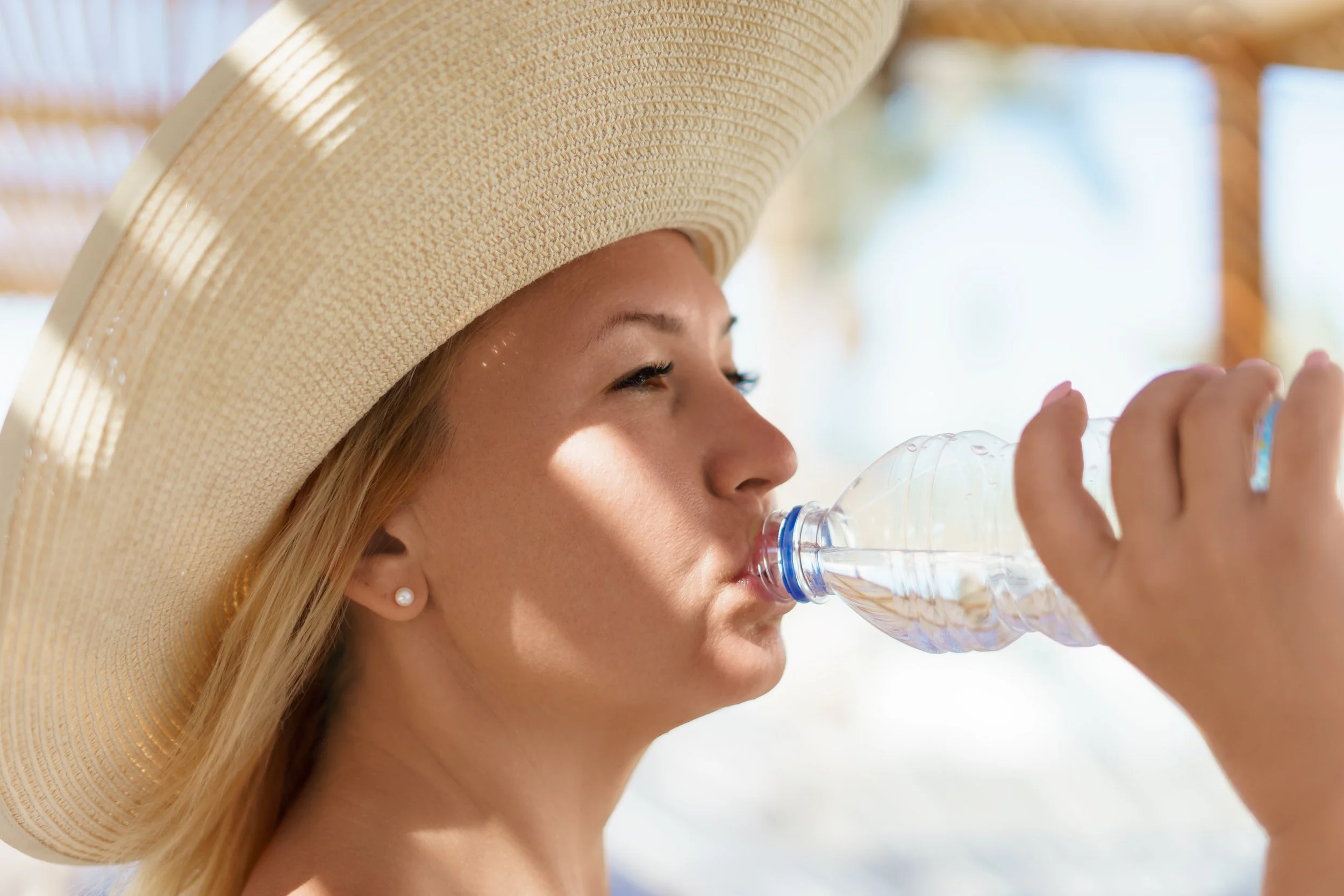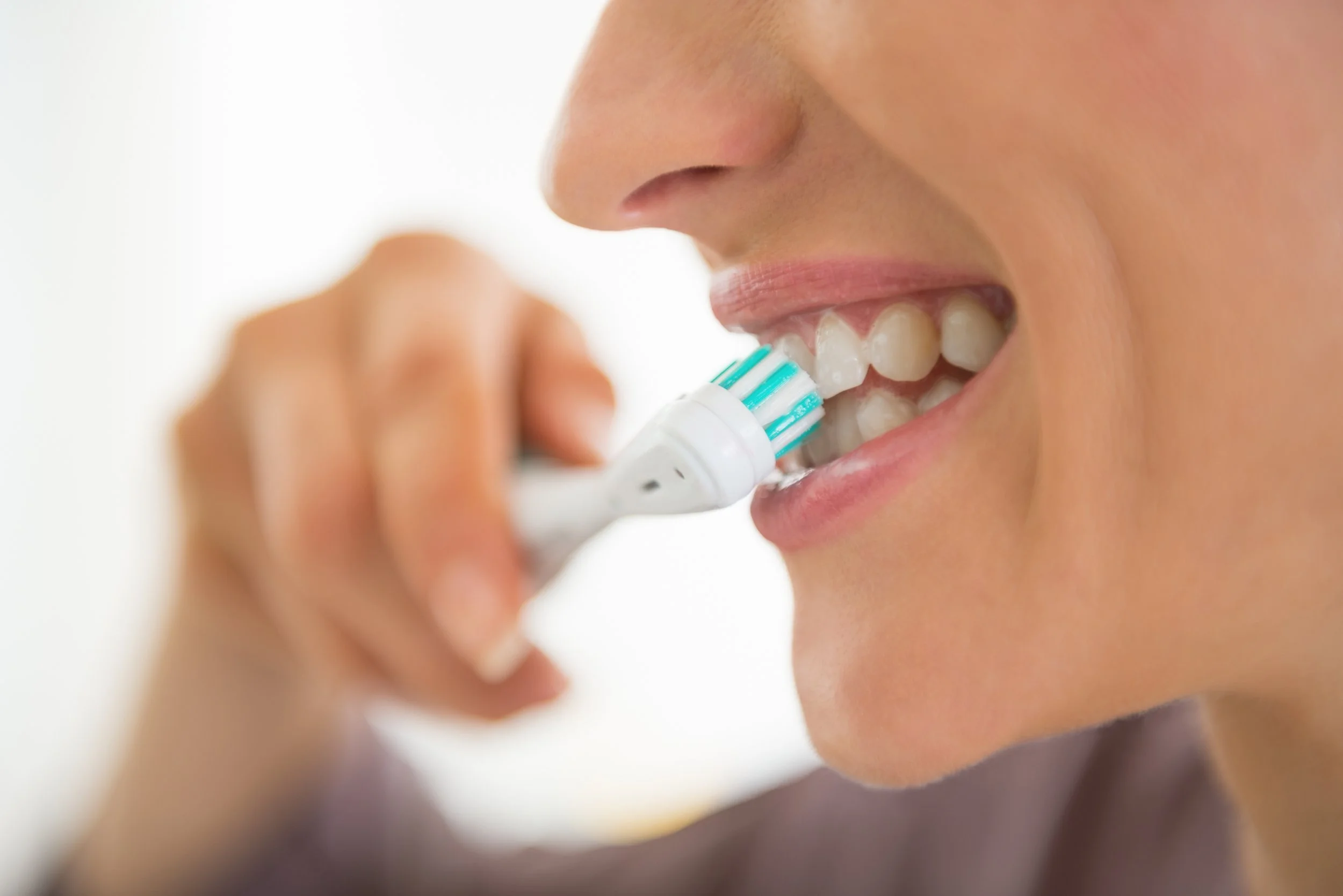ALL FIRST-TIME PARENTS are faced with a seemingly endless stream of questions, decisions, and unknowns about how to raise and care for their new baby. One of the big ones is whether to breastfeed or bottle-feed.
There are passionate proponents of both options, some claiming that breast milk is far superior to formula while others claim that there’s little nutritional difference, so why not take advantage of the convenience of formula? We can’t make this decision for you, but, as dentists, we can weigh in on the effects of breastfeeding on a baby’s oral health and development.
Key Breast Milk Nutrients
Breast milk provides the nutrients your baby needs to grow healthy and strong, such as:
- proteins like casein, which helps build strong jaw muscles,
- fatty acids crucial for brain development, and
- vitamins that are vital for dental development.
All of these nutrients are important factors in helping reduce tooth decay once those baby teeth make their debut. One nutrient that breast milk lacks, however, is vitamin D, an essential component in good oral health because it helps the body absorb calcium. Older children and adults get vitamin D from sunlight, but that can be risky for babies, so formula and supplements are safer sources.
Facial Development And Bite
Leaving aside the nutrients of breast milk versus formula, studies have shown that the actual act of breastfeeding is better for a growing baby’s jaw and facial structure than bottle-feeding. Breastfeeding will help give your baby strong jaw muscles and healthy gums, which will decrease their chance of developing a malocclusion (bad bite) and requiring orthodontic treatment in their teens.
Breastfeeding And Tooth Decay
Most people think they only need to clean their baby’s gums after bottle-feeding because formula milk can linger longer, leaving sugars to start causing decay, but it’s just as important to clean the gums after breastfeeding. We also advise you not to put your baby to bed with a formula or breast milk bottle, as this can lead to a form of tooth decay known as “bottle rot.”
How To Prevent Decay
Whether you decide to bottle-feed or breastfeed your baby, it’s important to begin the fight against tooth decay before the first tooth even shows up. Simply use a gentle washcloth or gauze to wipe away any leftover milk. Once the baby begins teething and you see their new teeth start popping up, you can start using a baby sized toothbrush with a grain of rice amount of toothpaste to clean their teeth!
Don’t forget that new moms need to take care of their own teeth too!
We’ve Got The Answers
Along with these kinds of concerns, you probably have many other questions regarding breastfeeding and how it could affect your child. We’re here for you! Give us a call or come in and we will address any concerns you have!
Breastfeeding or bottle-feeding, the choice is always yours!
Top image used under CC0 Public Domain license. Image cropped and modified from original.
The content on this blog is not intended to be a substitute for professional medical advice, diagnosis, or treatment. Always seek the advice of qualified health providers with questions you may have regarding medical conditions.











